 Recently a Dad wrote to me, he told me of his worrying situation, this was his story… I was laid off from work, it was unexpected and completely unfair. In fact I was doing a great job! Unfortunately I came across a manager that was unsupportive and insecure. To fight unfair dismissal takes a lot of money and emotion, I would prefer to save both for myself.
Recently a Dad wrote to me, he told me of his worrying situation, this was his story… I was laid off from work, it was unexpected and completely unfair. In fact I was doing a great job! Unfortunately I came across a manager that was unsupportive and insecure. To fight unfair dismissal takes a lot of money and emotion, I would prefer to save both for myself.
He said, I’m not here to speak about him, in fact I don’t want to waste another paragraph on him, I’m here to speak about what it does in real human terms. It impacts the way I can support for my child, lifestyle and how do I get moving again AQAP? (As Quick As Possible).
After the first couple of days feeling numb, I needed a well-earned mind break, sleeping in, lazing on the couch watching Dr Phil which actually made me feel like a looser, thank God that only lasted a couple of days.
Initially, I was feeling like I would be ok financially because they paid me 3 months “go quietly” money, however, in the back of my mind I knew there was a deadline as to when I could go broke. Mortgage, child support, food, car, credit card payments, body corporate fees, water, electricity you name it, living expenses drain your resources pretty quickly.
They say most people have access to about 2 months worth of funds, yep that’s me! Although I did have some extra savings and some extra leave payments but I was not too far off the statistics, a big lesson learned in having an emergency fund!!
Walking through the city I saw homeless people and wondered whether they were laid off too? I said to myself “am I seeing my future”? Its crazy & scary the things that go through your mind i.e. I wish I had learnt a trade at school or had a degree in some specialty field so I could fall back into it or work for myself. All I know is book-keeping and administration and there are a lot of people going for those type of roles.
Fast track 8 weeks and 40+ job applications later, lots of proactive networking through my LinkedIn contacts and not really getting anywhere accept for a couple of warm leads. I decided to get my Heavy Restricted Non-Synchronized Truck License through DECA training. I enjoyed the course and successfully obtained my license. I wanted the license just in case there was no job in my field on the horizon, it was my fall back position. I can assure you at this stage I was not feeling great about how my prospects were looking.
Luckily, two LinkedIn contacts in my network have offered me positions and its just in the nick of time, I only have a couple of weeks left and things could start to become dire! I have my partner’s support, it has been a combination of lots of effort and prayers that has really paid off. I start my new role (not exactly perfect role however, scope to grow role) in a couple of weeks. To say I am relieved is an understatement.
What I feel has saved me is that throughout my career I have always offered great support to my teams and demonstrated great work ethic. This has enabled me to draw on my networks from as far back as 12 years with people from past employment. By keeping lots of irons in the fire and creating myself a fall back position (truck driving) I felt a sense of confidence to keep moving forward.
What really disturbs me is that people in management and influential positions can make decisions on a whim that disrupt your life in such an impacting way. Simply by making bullshit decisions or deciding they don’t want you around anymore for personal or no reason is not a good enough reason to terminate employment.
My story gratefully has a happy ending; I know there are people who do fall on hard times because of unjust situations like mine. I have been to a corporate breakfast event for the Salvation Army Red Shield Appeal and have seen the support they offer families during tough times, never thinking that one day I may have been only weeks away myself.
Best wishes for the future John, we are very happy things turned around for you, well done and thank you for sharing your story.

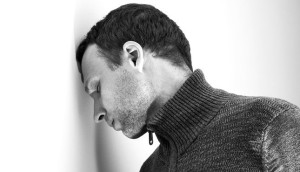

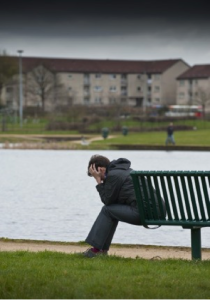




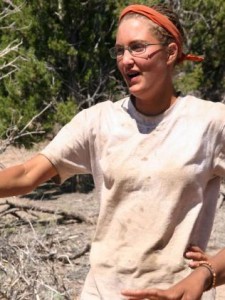
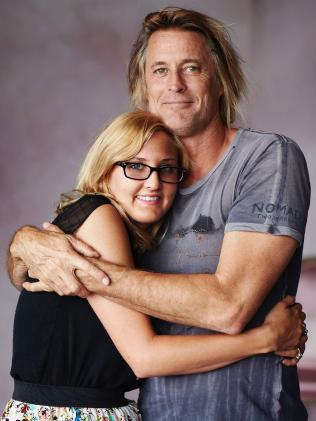
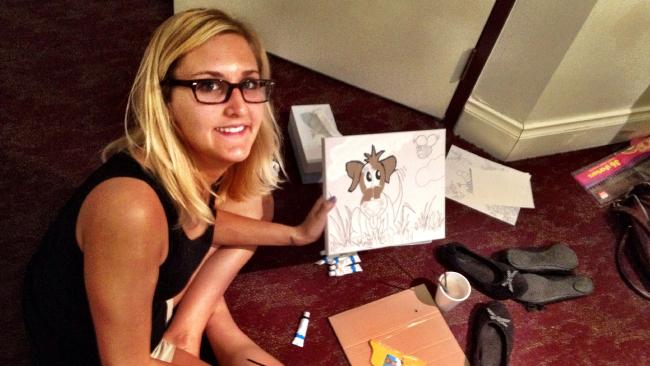

 Ingredients (makes 12)
Ingredients (makes 12)
 Plan a trip of any sort and get away.
Plan a trip of any sort and get away.
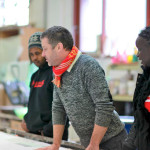

























Recent comments